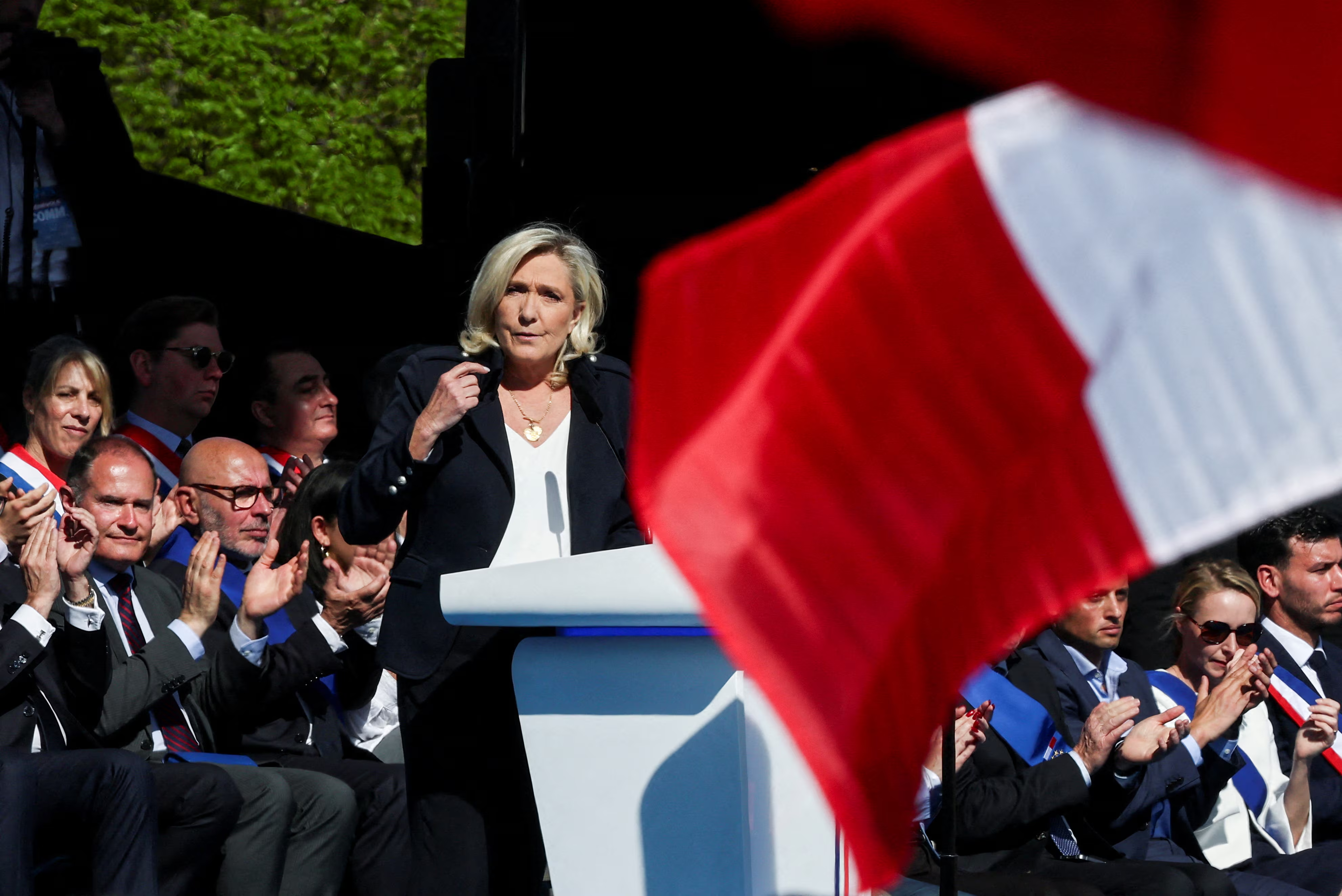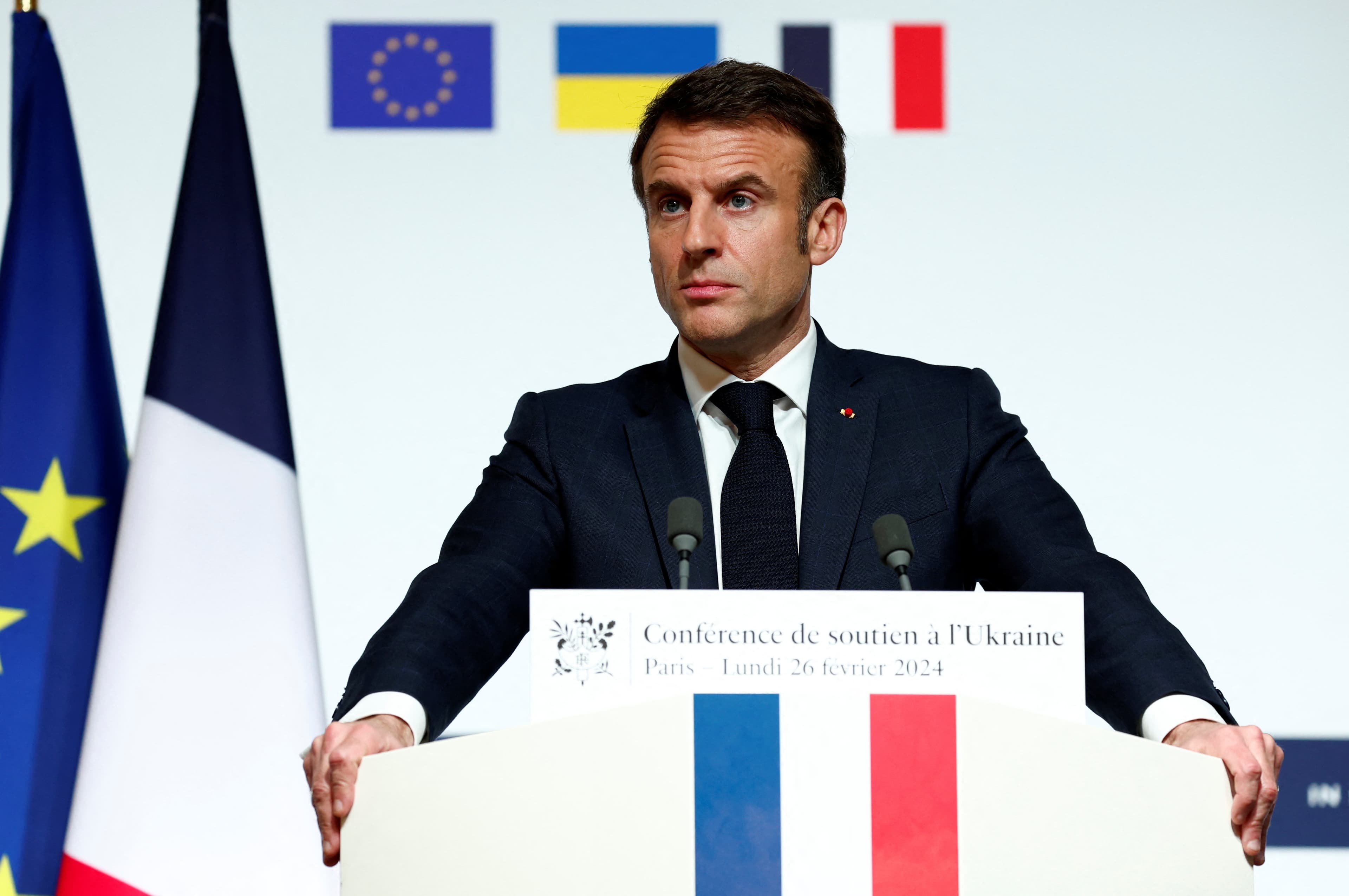The relentless heatwave scorching France has ignited a fierce debate over air conditioning, pitting the ruling government against the far-right Rassemblement National led by Marine Le Pen. As temperatures soar, the absence of adequate cooling solutions in homes—only 25% of French households have air conditioning compared to 90% in the United States—has raised alarming questions about public health and climate policy.
Le Pen"s Bold Proposal for Public Cooling
In response to the scorching conditions, Le Pen has unveiled a controversial "grand plan for air conditioning" aimed at rolling out AC units in all public buildings, including schools, hospitals, and retirement homes. Her proposal is not merely a political maneuver; it reflects a genuine concern for the safety of vulnerable populations during extreme heat. As reported by tportal, studies show that air conditioning has been credited with averting numerous heat-related deaths, particularly among the elderly. The Lancet found that 195,000 lives were saved globally in 2019 due to AC, illustrating its critical role in combating climate-induced health risks.
Government"s Dismissive Stance on AC
The French government, however, has dismissed Le Pen"s initiative with a condescending tone, emphasizing their commitment to "greening" urban spaces through alternative methods. Ministers have mocked Le Pen"s newfound interest in climate politics, arguing that air conditioning should be reserved for strategic locations only. Rather than embracing a comprehensive cooling strategy, the government encourages citizens to adopt common-sense measures: closing windows during the day, using wet towels in front of fans, and even suggesting that people rent cooler accommodations if necessary.

Exclusive: Le Pen"s far-right French party rebuffed US offer ...
The Environmental Dilemma of Air Conditioning
Critics of air conditioning point to its environmental impacts, particularly in urban areas where heat islands are exacerbated by concrete and limited greenery. However, France"s unique energy landscape—a substantial reliance on low-carbon nuclear power—presents an opportunity for a more sustainable approach to cooling. Instead of pushing a narrative that demonizes air conditioning, the government could harness its nuclear capacity and solar energy to create a robust, eco-friendly AC network. This regulatory reticence suggests a troubling trend: rather than empowering citizens to combat heat, the government prefers to leave them to "sweat it out" as a form of penance for climate change.
The Growing Discontent Among the Public
Interestingly, a cultural shift may be underway among the French public regarding air conditioning. While a 2021 poll indicated that 58% of the population preferred to endure heat rather than purchase AC to protect the environment, recent sales figures tell a different story. Reports indicate that AC companies have seen sales triple since last year, suggesting a growing willingness among citizens to reevaluate their priorities as climate conditions worsen. Le Pen’s framing of air conditioning as a right for the working and middle classes could resonate with voters who feel abandoned by a government that seemingly thrives in comfort while they suffer.

Key dates as France seeks way to form a ruling government ...
Populism vs. Green Politics
As climate change continues to manifest in extreme weather patterns, the intersection of populist politics and environmental responsibility becomes increasingly pronounced. Le Pen’s appeal to the working class stands in stark contrast to the elitist posturing of government officials who advocate for austerity measures while enjoying the benefits of modern conveniences. The optics of a minister criticizing Le Pen’s AC plan from a cooled office starkly highlight the social inequalities that are intensifying in the face of climate crises.
As France grapples with the ongoing heatwave and the associated political fallout, it is clear that the discourse surrounding air conditioning is more than just a question of comfort; it is a battleground for civil rights, public health, and social equity. The response to climate change cannot afford to be a luxury for the few while the many are left to endure the harsh realities of a warming planet.







![[Video] Gunfire between Iraqi security forces and Sadr militias in Baghdad](/_next/image?url=%2Fapi%2Fimage%2Fthumbnails%2Fthumbnail-1768343508874-4redb-thumbnail.jpg&w=3840&q=75)
